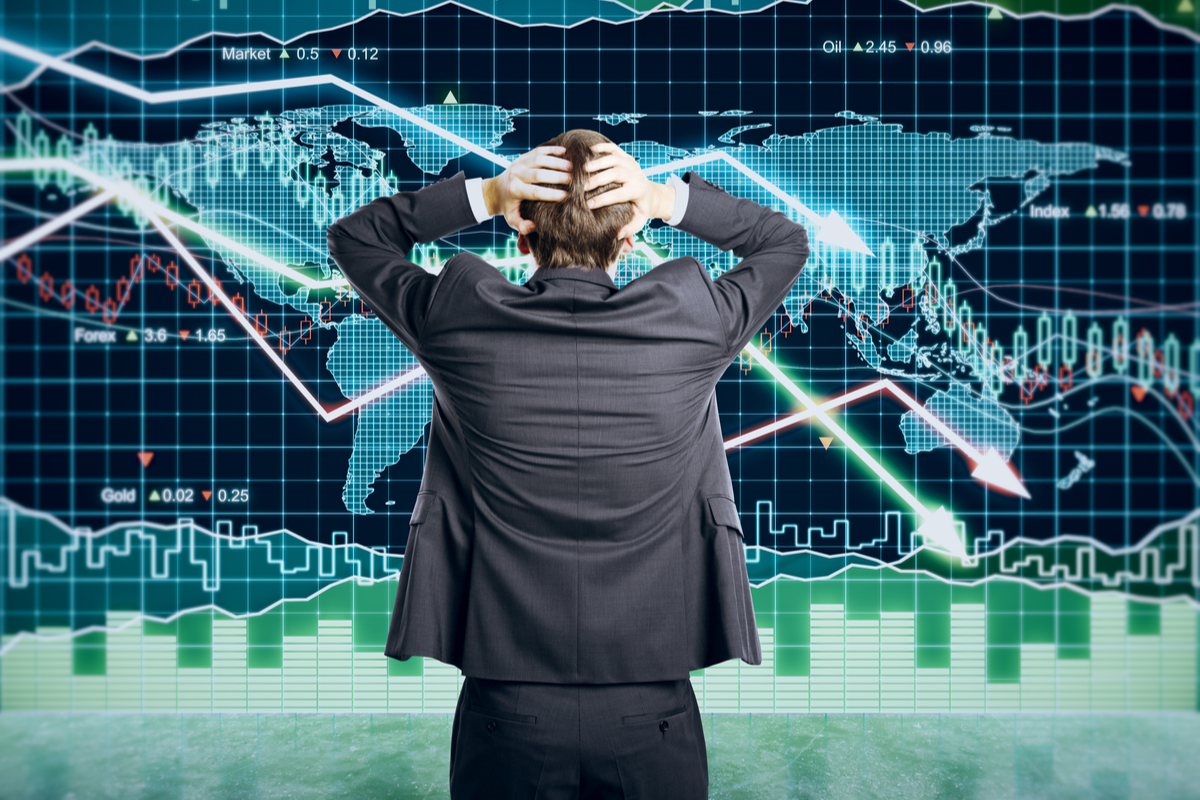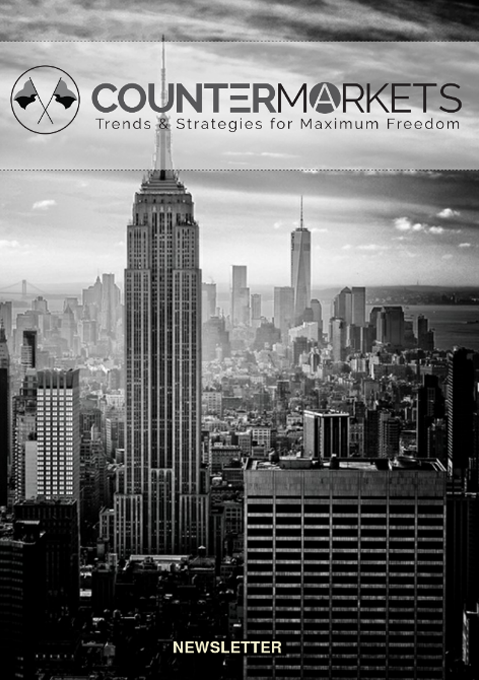 By Sam Frank
By Sam Frank
In the last few years, there has been a relatively well-performing economy in the United States, but we have been met with the same message every time we open the news: a recession is coming, and soon.
There is always another reason as to why we are bound for a crash: the increasing deficit, inflation, the speculatively “high” market, GDP growth, you name it. Famed investor Peter Schiff, someone of whom I am personally a fan and whose podcast I listen to somewhat regularly, has been saying that a recession is “imminent” for many years now.
Schiff is famous, among other reasons, for “predicting” the 2008 financial crisis (though if you predict something every single year, you are bound to be correct at some point. A broken clock is right twice a day, you know). But it is not just limited to him. There have been writings in the news for years about a seemingly uncountable number of reasons that a recession is coming. Some public figures have been predicting doom since the early 1970s.
In 2016, it was the oil prices. They were too low, and oil companies were not going to make enough money. On top of this, the economic slowdown was going to decrease demand for oil, further lowering prices, creating a vicious cycle that would destroy the oil industry. When the oil industry crashed, the economy would follow.
Oh, and, of course, Donald Trump. The world was in “too fragile” of a state for an unpredictable man such as Donald Trump to enter office. He was going to put in the worst economic policies that were going to shake up the economy, and we were bound for an indeterminably long recession. Trump was going to be the one to pop the bubble.
In 2017, it was inflation and too little demand. Inflation needed to be higher, and the government needed to spend money to create more jobs. The economy had been too “mediocre” and needed stimulation, or else it was bound for recession. According to Schiff, it was still the oil-price decline, and interest rates were too low. Trump was still president. Retailers were laying off workers because Americans were in debt. Too much debt. Our trade deficit was high. Too high. Foreign markets were going to “beat the U.S. markets every year of the Trump presidency.”
In 2018, interest rates were still not high enough, and the Fed would not have the opportunity to cut them should a recession ensue. They would “run out of bullets” too soon when Trump crashed the market, which would then be met with imminent failure. We had been expanding too long. The only thing that we could do was pray that Trump was out of office before something happened, because, of course, his very existence was going to cause a crash.
Now, in 2019, a recession must be coming soon. It has to be. There has been an inverted yield curve in the market approaching three months in length. The high demand for and low yield of long-term debt is a sign that people are preparing for a recession. It has been an indicator of recession in many cases in the past, so of course one must be coming now. Oh, and there is too much complacency in the economy. There is always complacency before a recession, a calm before the storm. Most professional investors believe that a crash is not coming, so of course that means one is on the way. They always hit you by surprise. Except me. I am the one who can predict recessions. Sure, I have been wrong in the past, but this time I am right. Trust me.
Now, this is not to say that a recession is not coming at all. A crash could very well happen the second I finish this piece. What I am saying is that a recession is more than an inverted yield curve, a bad president, or too high an interest rate. A recession is a black-swan event that is caused by an amalgamation of seemingly slightly harmful events deemed too insignificant to be dealt with that eventually pile on and synergize with panic to create tragedy in the market.
Sure, there has usually been an inverted yield curve present in the market before a recession, but that does not mean that the mere presence of an inverted yield curve indicates that a recession is coming. There have been remarkably long inverted curves in the past (’95 and ’98 most notably) that did not result in recession. It is the classic fallacy of the converse. On the morning of every market crash since his birth in 1961, my father has woken up and eaten breakfast. Well, he ate breakfast this morning, so I better short the market!
Recessions are complicated issues, and we must not try to be the next Peter Schiff (including Peter Schiff), Nassim Taleb, or Michael Burry. For every one of these people, many of whom are right only once, we have hundreds of false predictors trying to make their name in the same way, hoping that a crash comes so they can say, “I told ya so!”
Correlation does not equal causation, and mild speculation is never the answer. A recession could be coming tomorrow, or it could be coming in 10 years. We can observe. We can collect data. We can speculate. We can make better and worse prognostications. But we cannot know for sure.
Sign up here to be notified of new articles from Sam Frank and AIER.
Sam Frank, an intern at AIER, studies Economics and Applied Mathematics at Vanderbilt University.
This article was sourced from AIER.org
